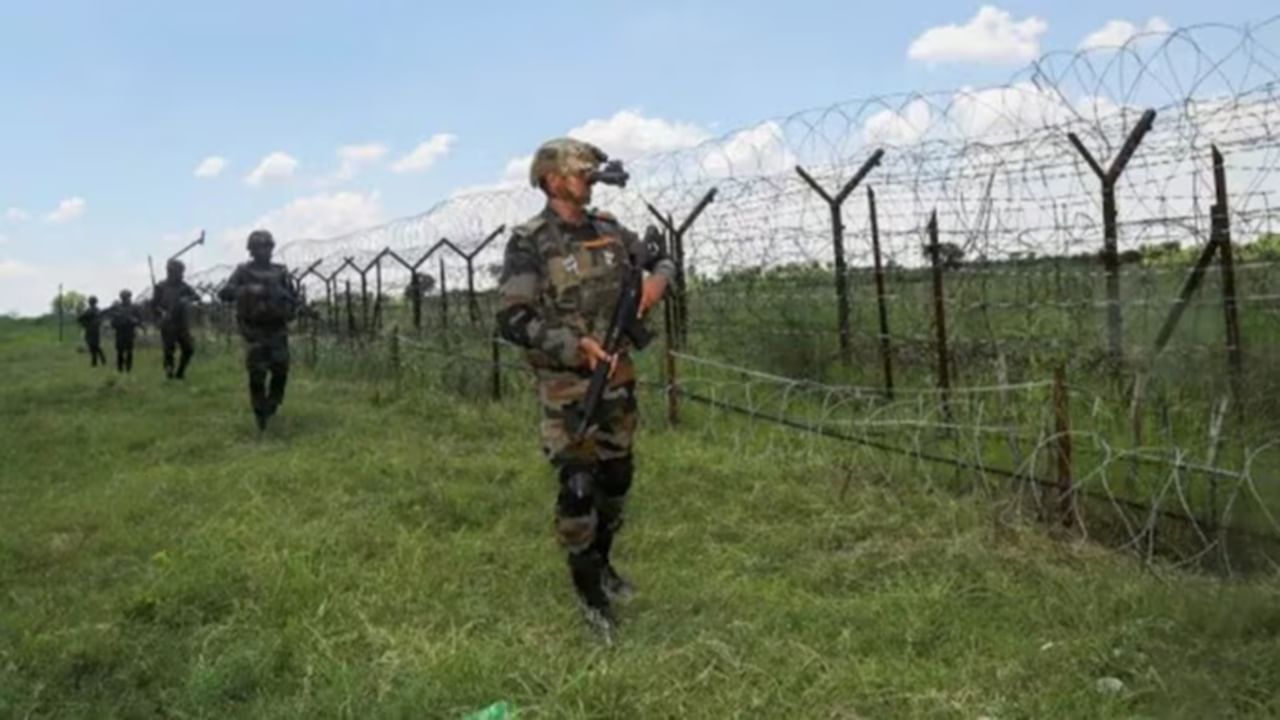Written by Devesh Khandelwal
During Operation Sindoor, we saw how the demand for reintegrating Pakistan-occupied Kashmir (PoK) with India started rising. Then this issue was also raised widely in the Parliament. The Bharatiya Janata Party has always been vocal on this subject. From Dr Shyama Prasad Mukherjee to Atal Bihari Vajpayee and even Prime Minister Narendra Modi have repeatedly expressed their views on reclaiming PoK. But the surprising thing is that Congress is raising PoK issue for the first time.
For decades, PoK was not even included in the priorities of Congress. During Operation Sindoor, Congress for the first time started a public discussion on PoK, albeit only at the political level. But in this process, the leaders of Congress forgot to clarify some facts or deliberately remained ignorant.
The current situation of PoK is the result of Congress’ previous policies and its silence for a long period. Therefore, reintegrating this Indian territory illegally occupied by Pakistan into India has become more complex and full of strategic challenges than before.
We know that when Pakistan launched an attack on the erstwhile state of Jammu and Kashmir in 1947, India also retaliated. The Indian Army started pushing back Pakistani intruders after the accession. But at the same time, the then Prime Minister Jawaharlal Nehru, on the advice of Governor-General Mountbatten, approached the United Nations regarding Pakistani infiltration. As a result, a ceasefire was declared, due to which the Indian Army had to retreat and the territory occupied by the Pakistani Army became Pakistan-occupied Kashmir i.e. PoK.
Later, Prime Minister Nehru himself realised that appealing to the United Nations was a historical mistake. But instead of learning a lesson from this, a long series of mistakes were made and ultimately India’s claim on PoK was weakened. Whenever the Congress was in power, its indifference and indecisiveness on this issue kept getting exposed. Diplomatic and strategic mistakes were made one after another and the whole country is suffering its consequences today.
In the year 1957, a massive public protest broke out against the Pakistan government in Mirpur and Haveli areas over the construction of the Mangla Dam. The situation deteriorated so much that martial law was imposed and more than 5,000 innocent people were arrested and tortured. The situation worsened – civilians were dying of hunger, and hundreds of people started fleeing to India, troubled by the Pakistani army. One name particularly emerged in this incident – Sajda Begum, who was the wife of a Pakistani journalist. She managed to save her life and reached India. At that time, her story made headlines in the newspapers.
At that time, neither did the then Central government adequately raise this serious issue of human rights violations at international forums, nor did it make any concrete effort to reiterate its legal claim on Pakistan’s illegal occupation. In short, the Indian government lost that historic opportunity without any strategic advantage.
There were also widespread protests against the Pakistan government in PoK in 1970. Then for the first time, Pakistani newspapers openly published those protests. But even then the then Indian government failed to intervene and once again lost an important opportunity.
Meanwhile, in 1964, news came that Pakistan had planned to build a road up to Beijing. The issue was also raised in the Rajya Sabha, but the then Minister of State for External Affairs Dinesh Singh said that the matter was under the consideration of the government but ruled out every possibility of interference. In 1983 also, there was uproar in the Rajya Sabha over this alliance of China-Pakistan, but the then Foreign Minister PV Narasimha Rao only said that this will have serious consequences on the security of the country, so we are keeping an eye on this issue. In 2010, the New York Times claimed that 7-11 thousand Chinese soldiers are deployed in Gilgit-Baltistan. Strategically, China has registered its presence in many parts of PoK. But the Congress-led central governments remained silent in their different tenures. At present, this China-Pakistan Economic Corridor has become a big problem for India.
(About the author of this story: Devesh Khandelwal has been actively involved in writing and research work for the last 15 years. He has also served as Deputy General Manager in MyGov India.)
